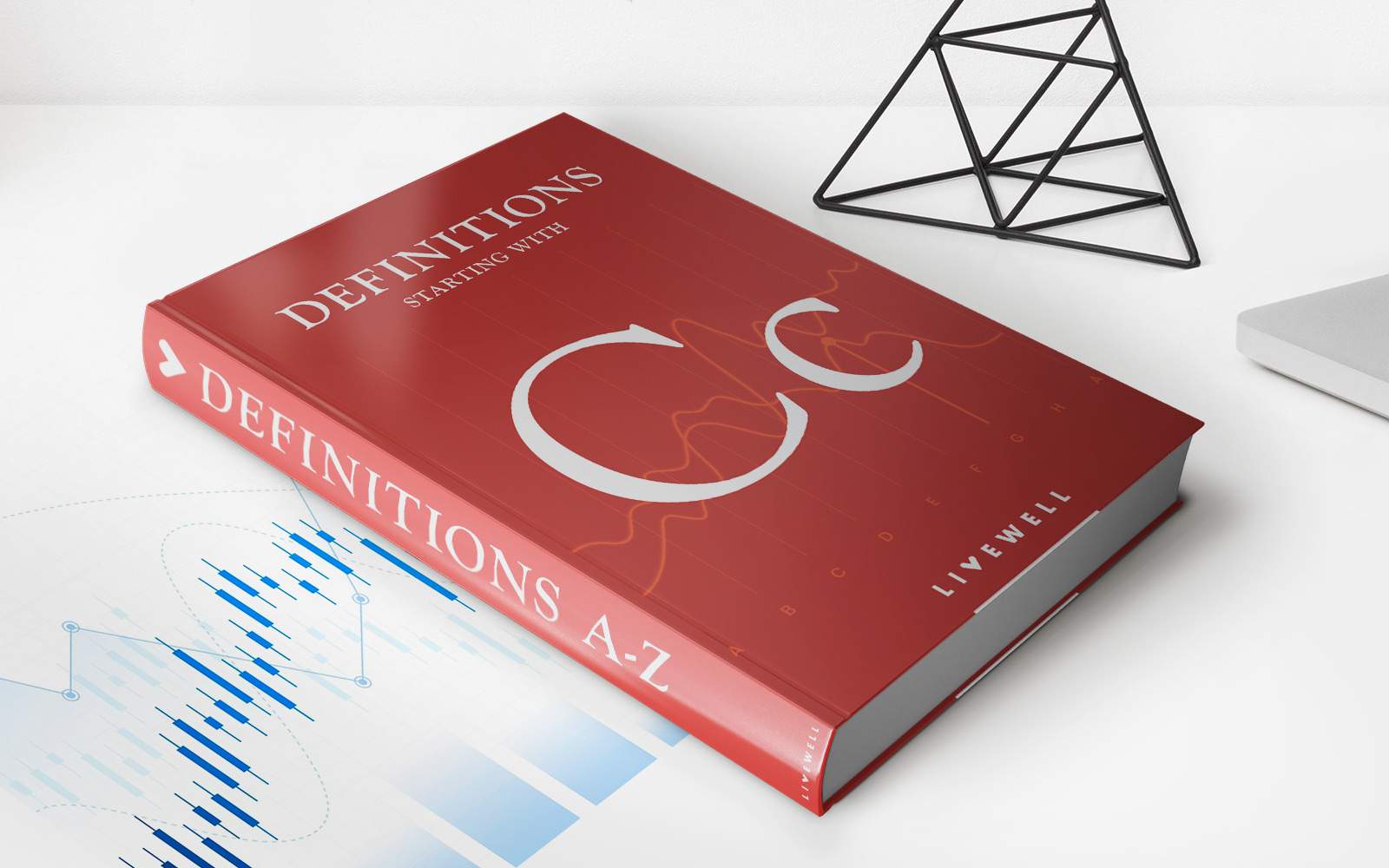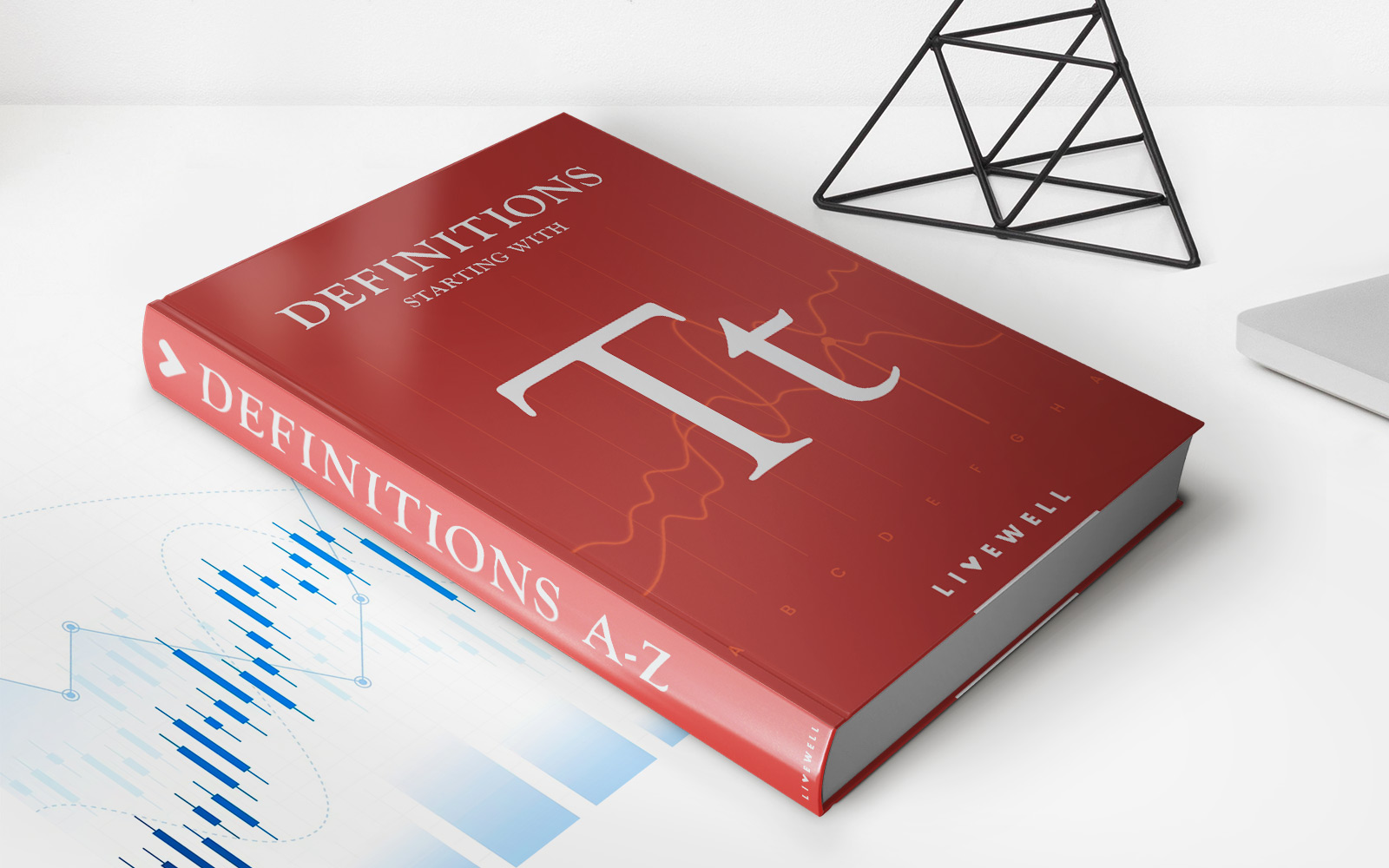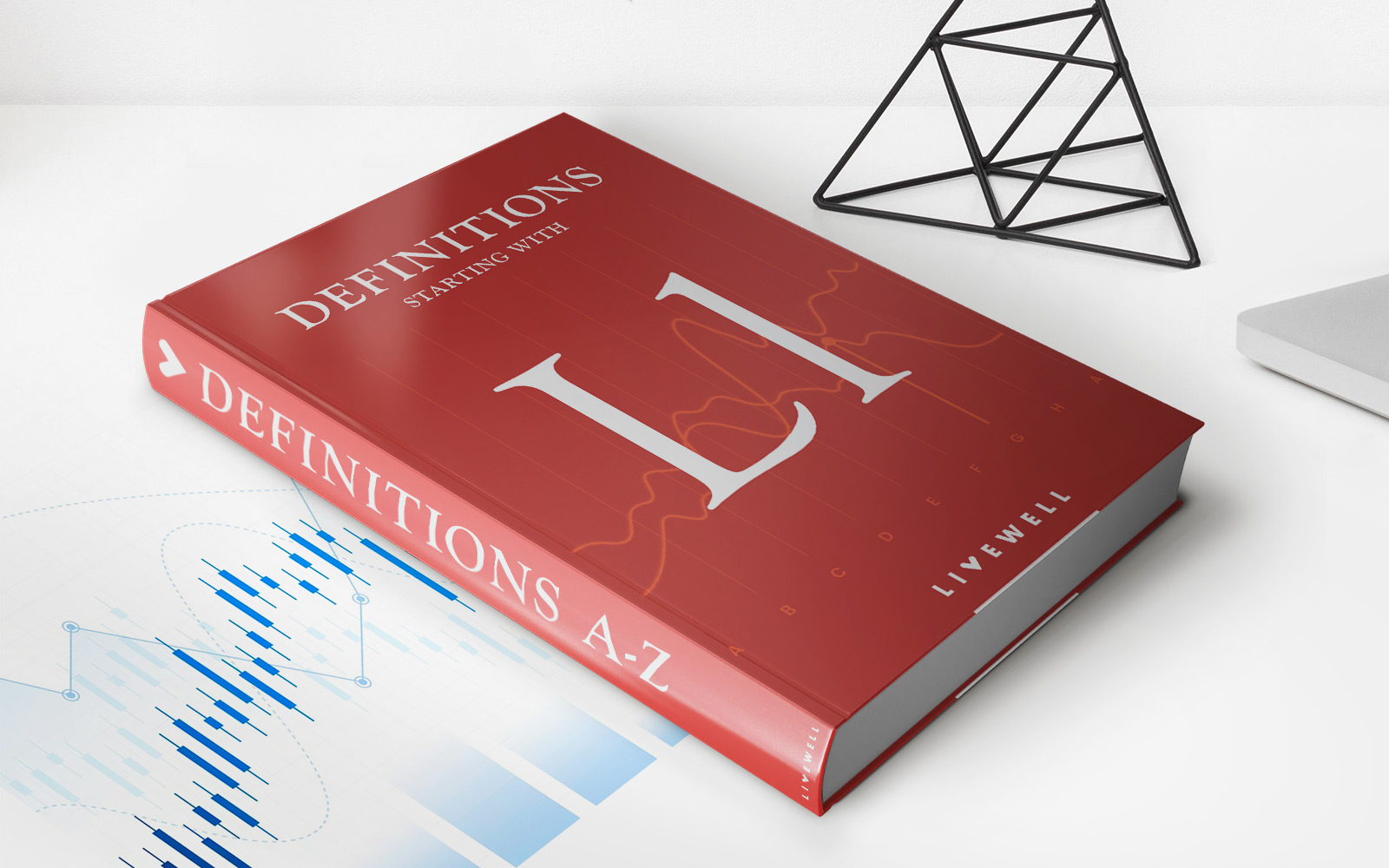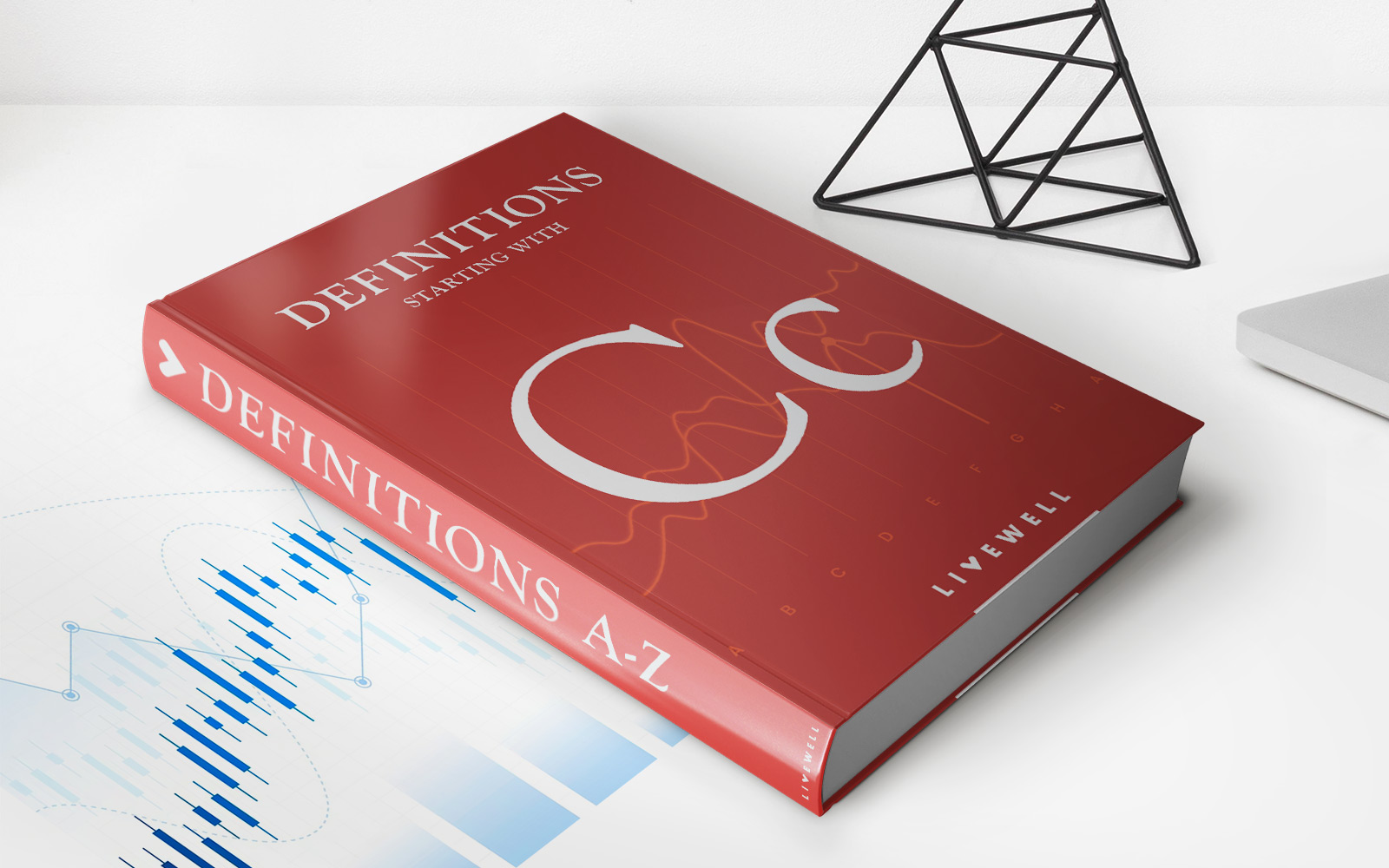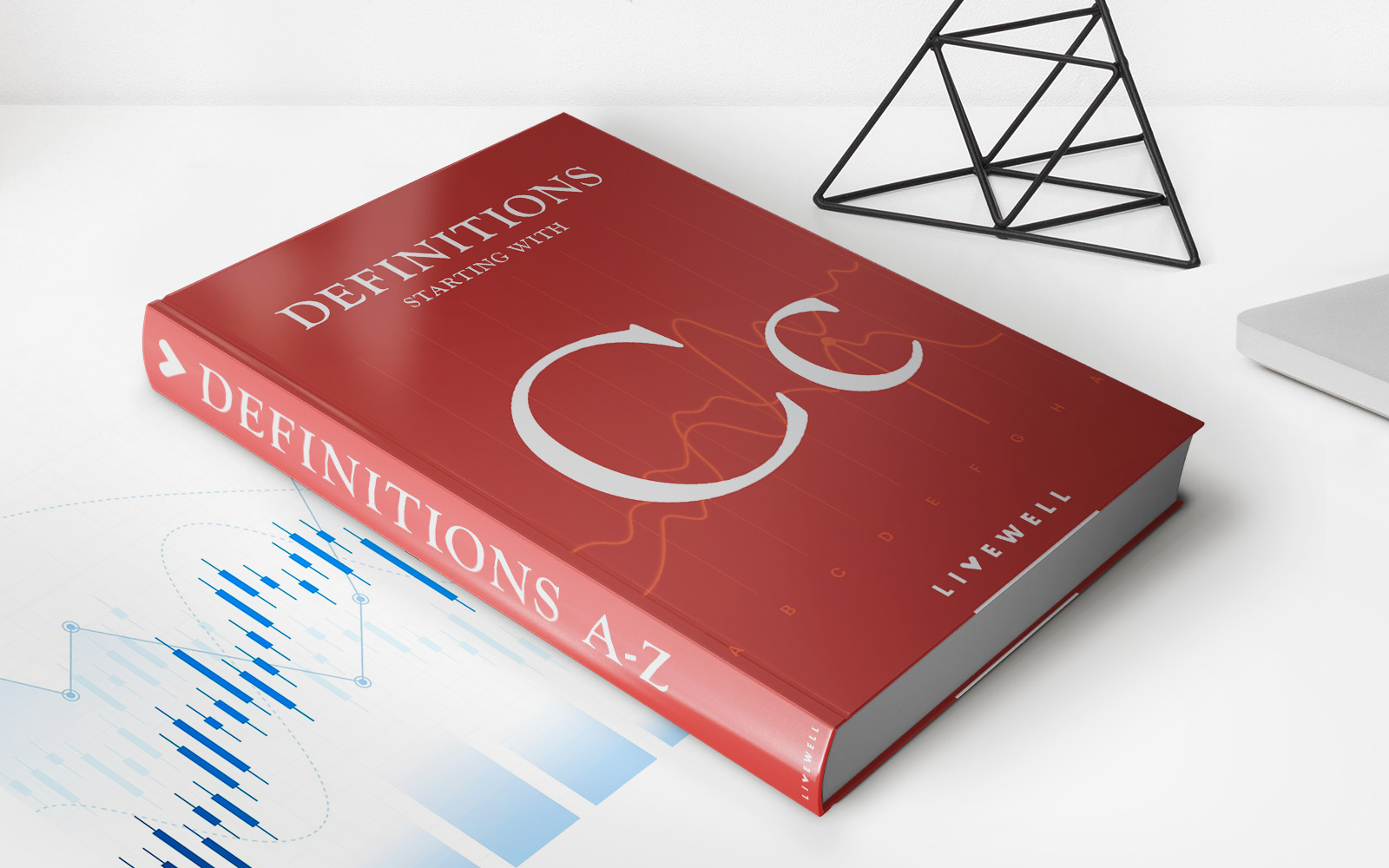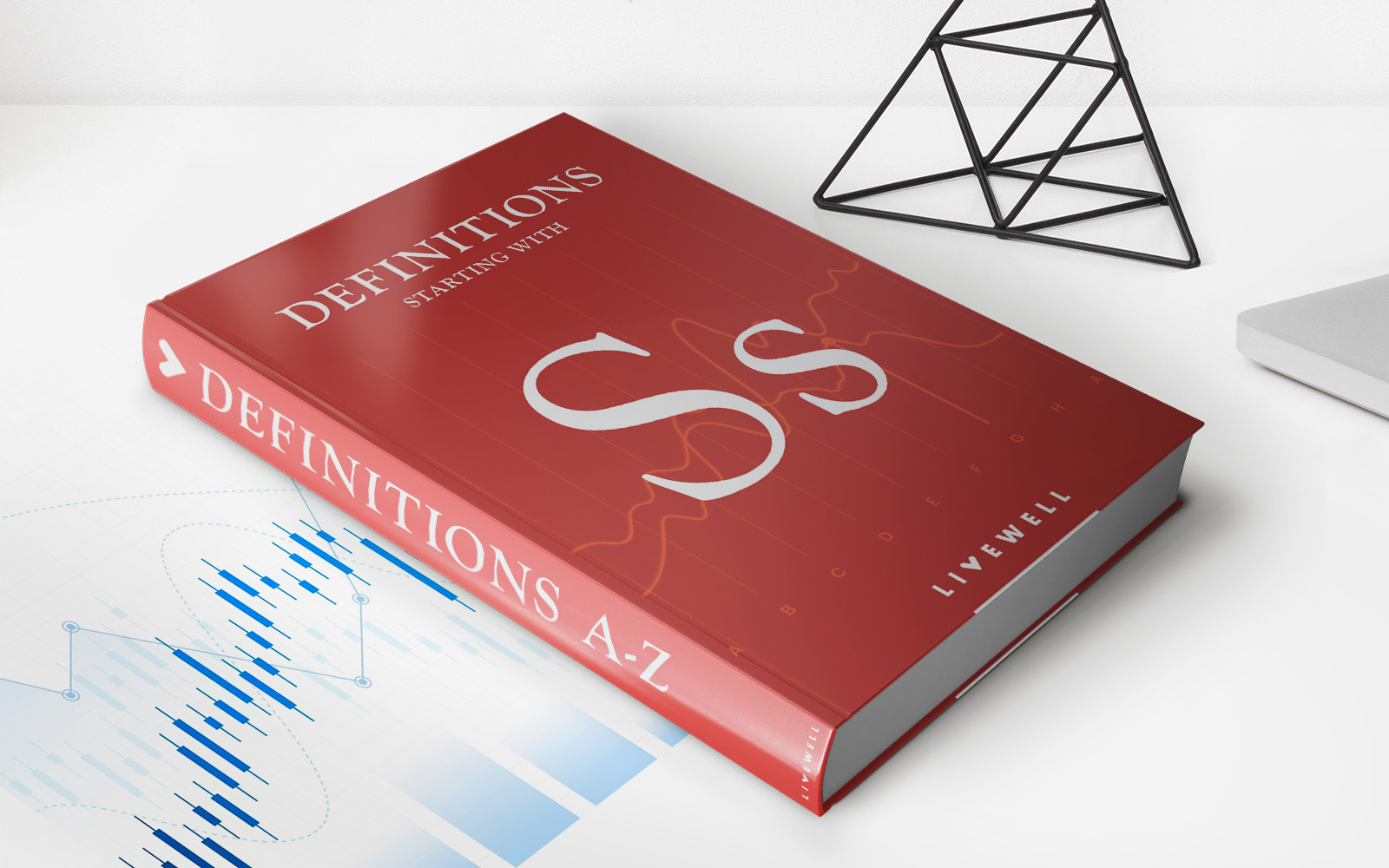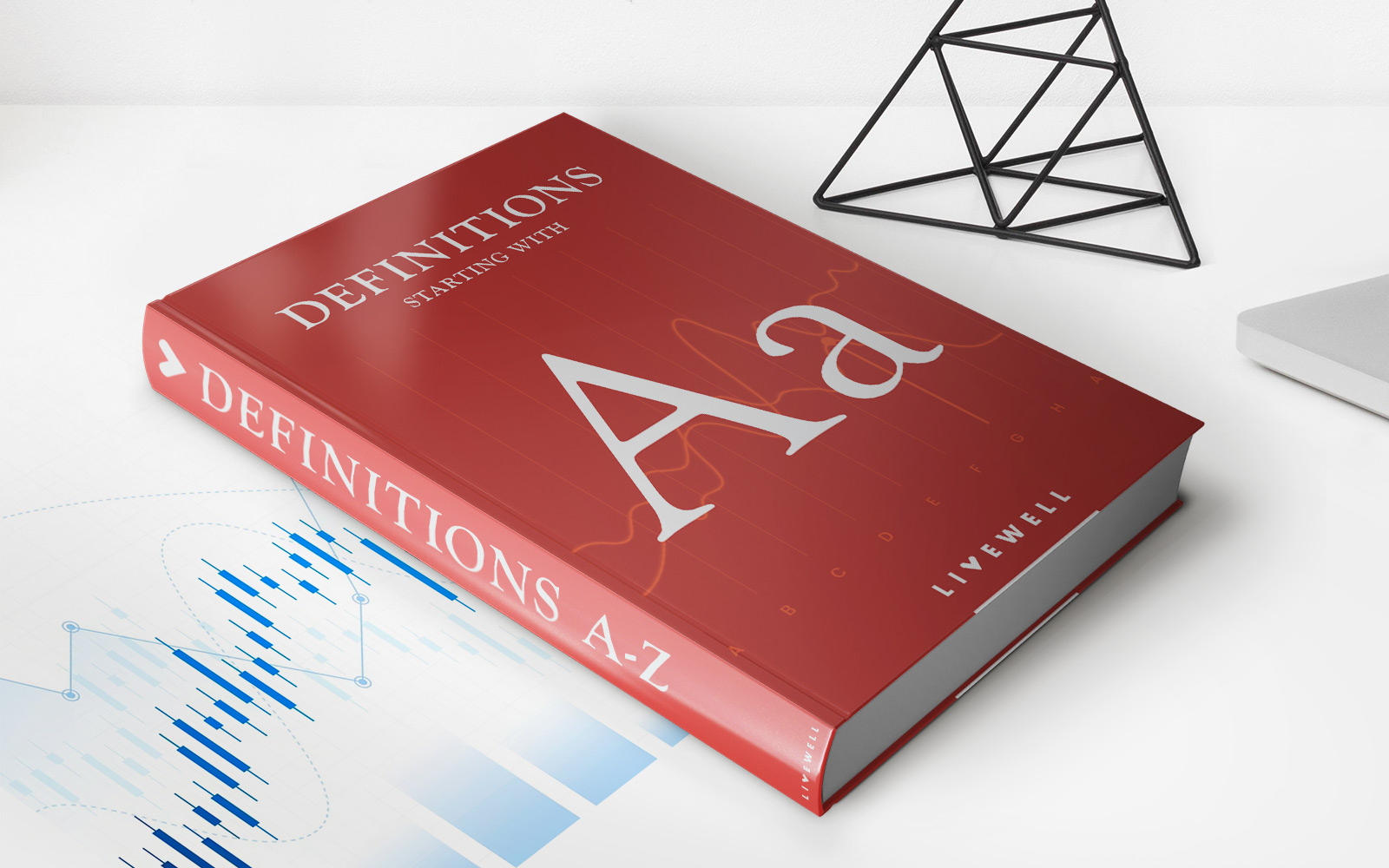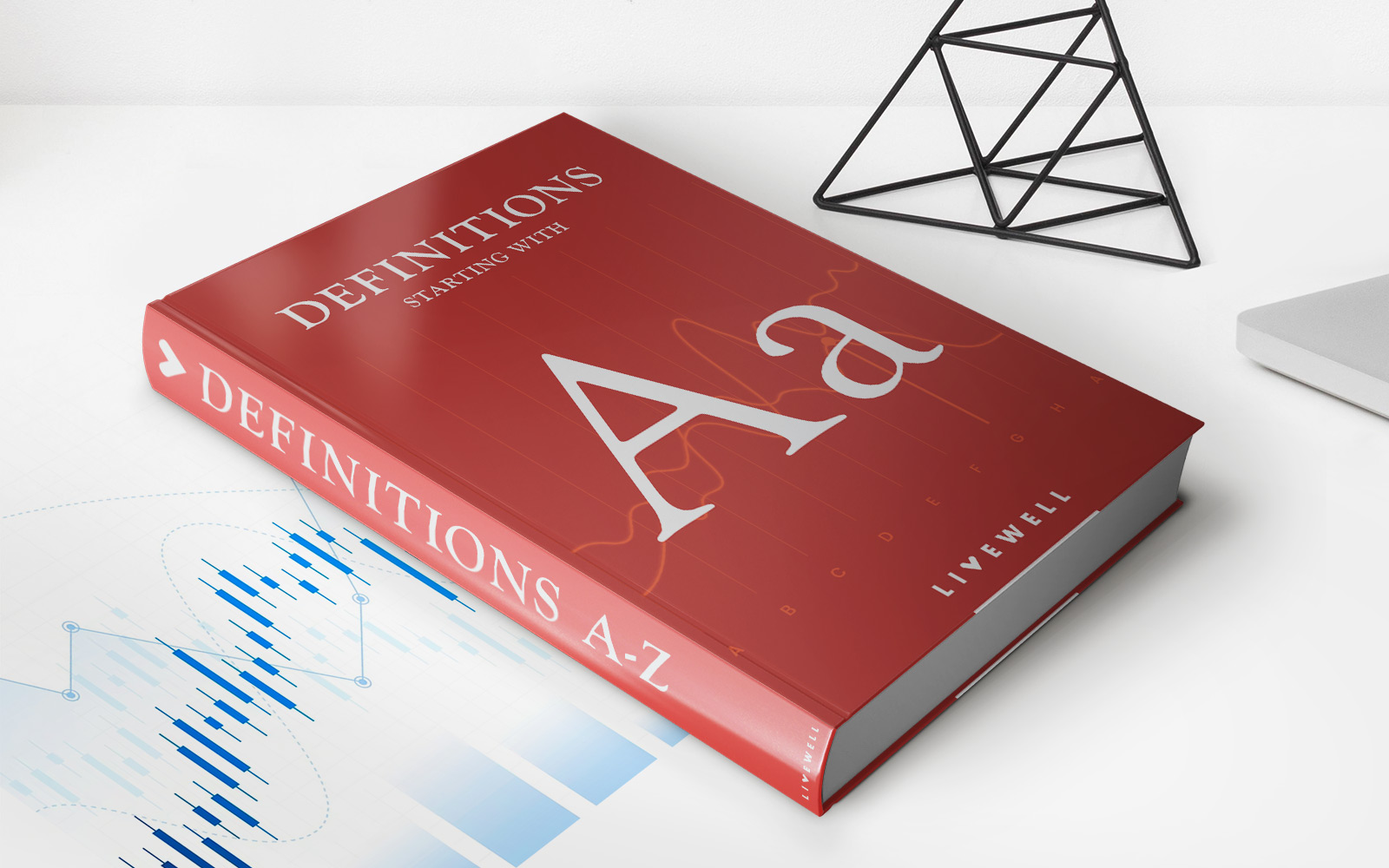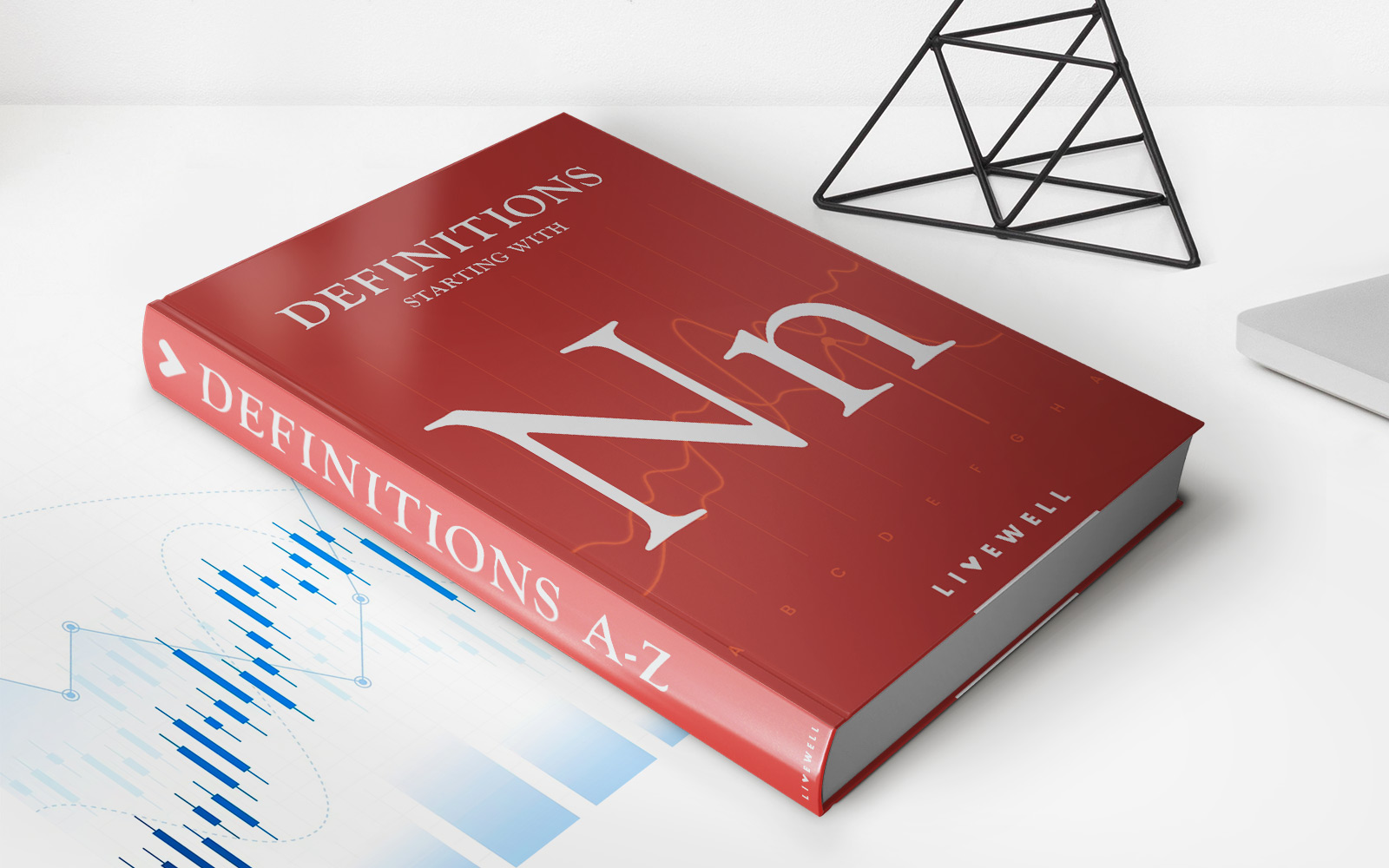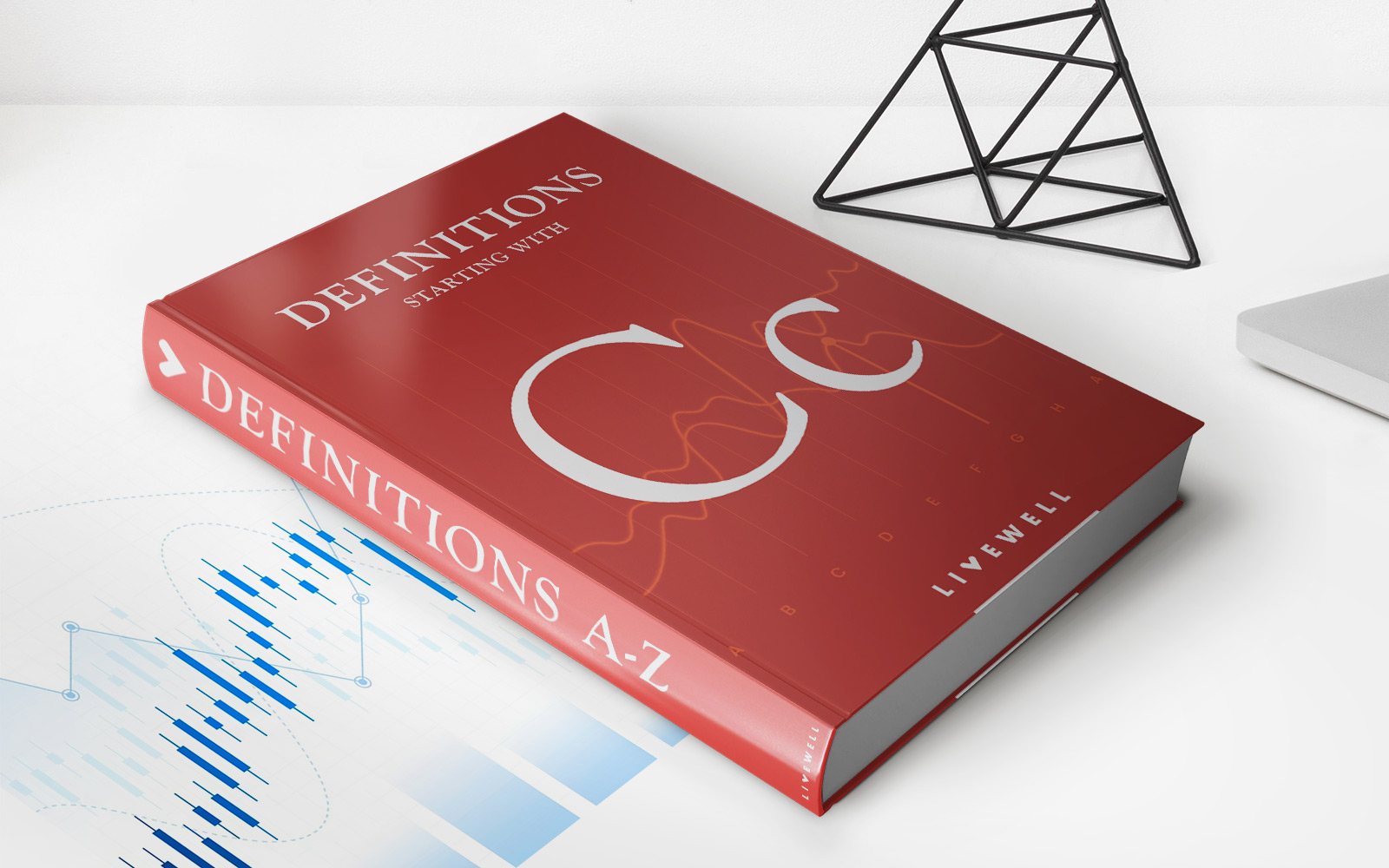

Finance
Credit Muling Definition
Published: November 5, 2023
Looking for a clear [finance] definition without the jargon? Learn about [credit muling] and how it impacts the financial industry in simple terms.
(Many of the links in this article redirect to a specific reviewed product. Your purchase of these products through affiliate links helps to generate commission for LiveWell, at no extra cost. Learn more)
Unlocking the Secrets of Credit Muling: Understanding its Definition, Risks, and Implications
Welcome to the world of finance, where various terms and concepts can sometimes feel like an intricate web of complexity. Today, we’re diving into the realm of credit muling. What exactly is credit muling, and how can it affect your financial standing? In this blog post, we’ll demystify the definition of credit muling, highlight its risks, and shed light on its potential implications.
Key Takeaways:
- Credit muling involves individuals being used as intermediaries to fraudulently obtain credit or make illegal financial transactions.
- Engaging in credit muling activities can have severe consequences, including legal repercussions and long-term damage to your credit score.
Now, let’s delve deeper into the world of credit muling to gain a comprehensive understanding of this subject:
What is Credit Muling?
Credit muling involves individuals acting as intermediaries to facilitate fraudulent financial activities. Put simply, credit muling is a practice where someone with a good credit history allows their personal information to be used by others to obtain credit or make unauthorized transactions. These individuals often lend their names, social security numbers, or other confidential details to fraudsters in return for a fee.
While it may sound tempting to make some quick money by participating in credit muling, it’s crucial to recognize that this activity is illegal and can have severe consequences. Engaging in credit muling activities not only puts you in legal jeopardy but also exposes you to the risks of identity theft and fraud.
The Risks of Credit Muling:
1. Legal Consequences: Participating in credit muling activities can lead to criminal charges, penalties, fines, and even imprisonment. Authorities take these matters seriously as credit muling is often associated with organized crime and money laundering.
2. Damage to Your Credit Score: Allowing your personal information to be used for fraudulent purposes can have lasting implications on your creditworthiness. Missed payments or defaults resulting from credit muling activities can severely tarnish your credit history, making it difficult for you to secure future loans, mortgages, or credit cards.
3. Identity Theft: Sharing your personal information with fraudsters puts you at risk of identity theft. Criminals can use the stolen details to commit financial fraud or engage in other illegal activities, leaving you to deal with the consequences of their actions.
The Implications of Credit Muling:
The impact of credit muling extends far beyond the individuals directly involved. It perpetuates a cycle of illegal activities and enables criminals to launder money, obtain goods fraudulently, or fund other illicit actions. These actions, in turn, can harm legitimate businesses, financial institutions, and innocent individuals.
It’s crucial to be aware of the dangers associated with credit muling and always prioritize your financial security. Remember, if an offer sounds too good to be true, it probably is. Protect your personal information and never allow yourself to be entangled in any form of illegal financial activity.
In Conclusion:
Credit muling is a practice that involves individuals being used as intermediaries to commit financial fraud. It is an illegal activity that can have severe consequences, both legally and financially, for those involved. By understanding the definition, risks, and implications of credit muling, you can protect yourself and make informed financial decisions.
Remember, maintaining a strong credit history is essential for your financial well-being. Avoid falling into the allure of credit muling and always prioritize the integrity of your personal information. By doing so, you can stay on the right side of the law and safeguard your financial future.

